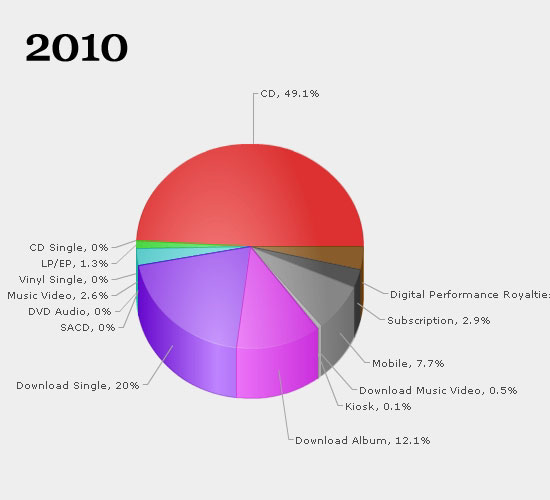“Give me some music; music, moody food Of us that trade in love.”—William Shakespeare, Antony and Cleopatra
Once upon a time, Glorious Noise had a tagline on the homepage:
“Rock and roll can change your life.”
For those who were of the age of reason in September 1956—when Elvis appeared for the first time on the “Ed Sullivan Show”—and for those of us who have come later, rock and roll certainly had the ability to change our lives. But what is certainly the case is that the change is of more emotional than cognitive.
We fall in love with someone—whether age 13 or 31 or any other digit. We then (1) share a certain song with that someone or (2) finding that the love is unrequited somehow find a song that describes the heartache that we are feeling. Ideally, (2) gives way to (1). But in either case, the music is an external connection the likes of which we are unlikely to otherwise make. Realize that there is the combination of both lyrics (more often than not) and music, with the lyrics working on our (somewhat) intellectual side and the music appealing to our (metaphysical) heart.
As Heraclitus put it some 2,500 years ago, “There is nothing permanent except change.” So as time goes on, the effect of some music may stay with us (semi-permanent), but then new music comes into our lives, as do new people, which then can result in a new connection.
For those who are in long-term relationships, there is (a) the music that was there at the inception and (b) a series of new performances that supplement the original.
But it is essential that one is open to the potential that can occur. “Rock and roll can change your life.” This doesn’t mean that it indubitably will. It can. Assuming that you are open to it. Otherwise it may simply have a good beat and be easy to dance to.



